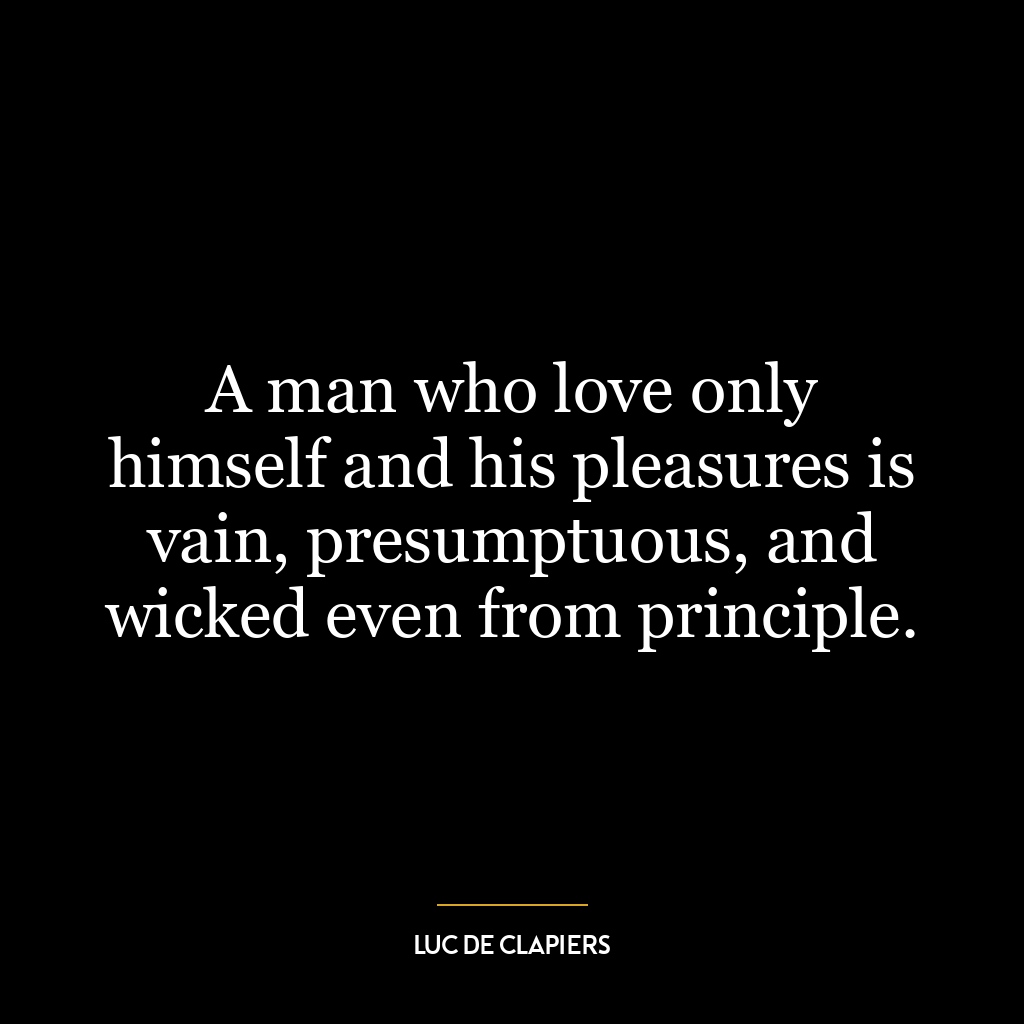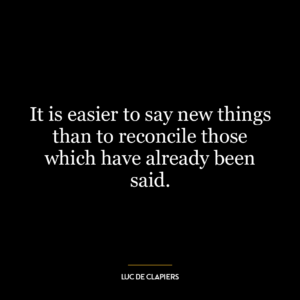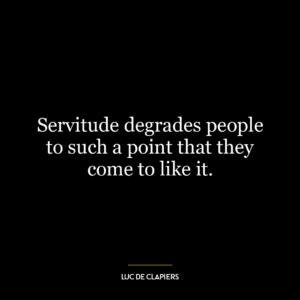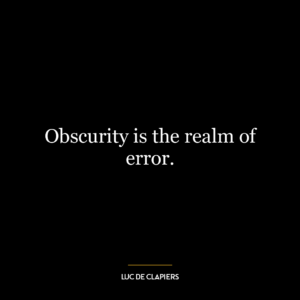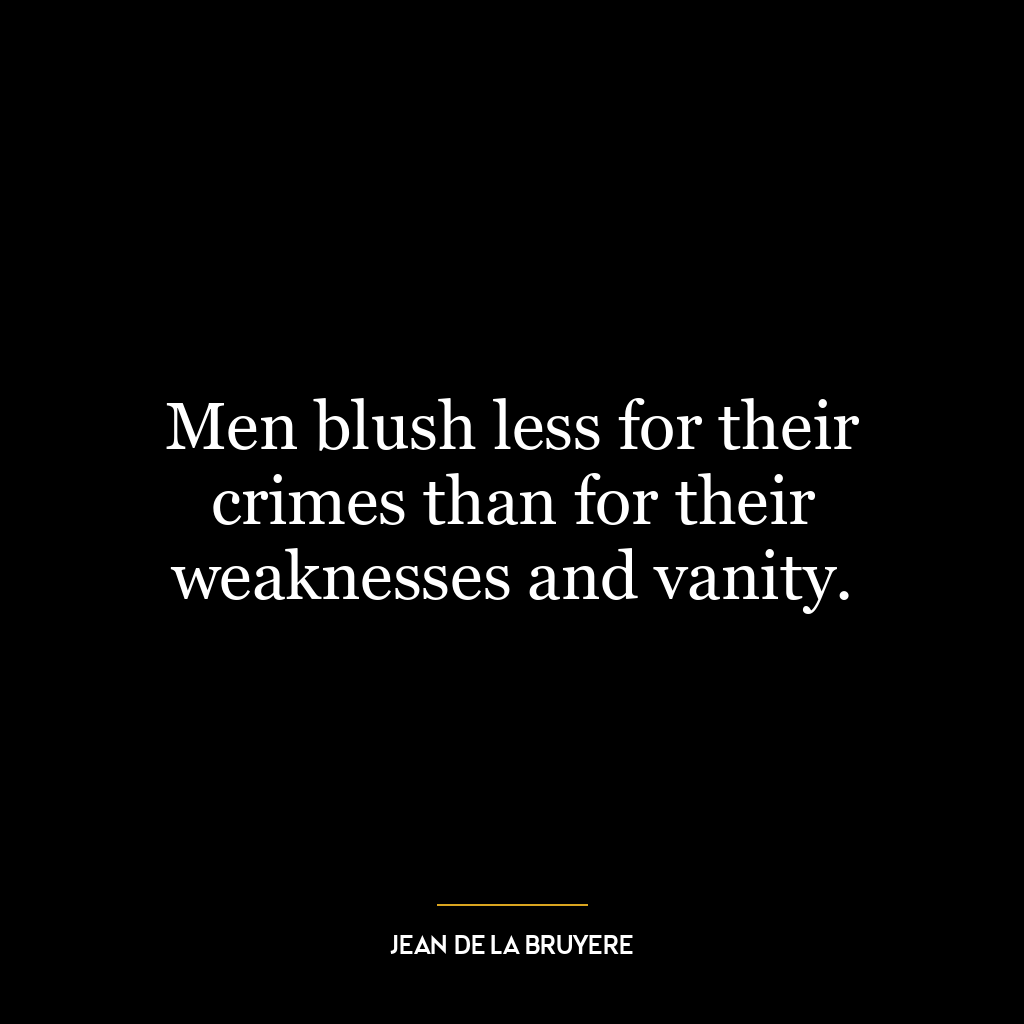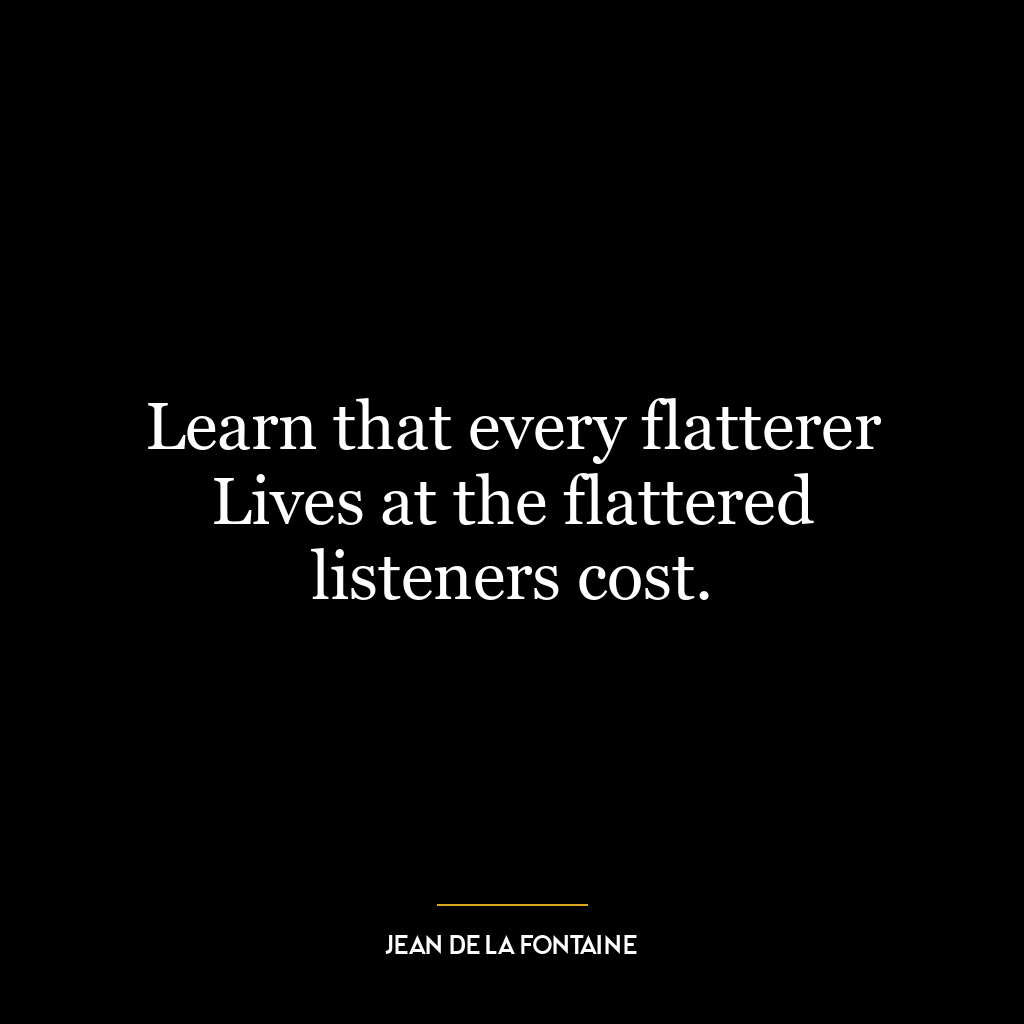This quote suggests that a person who is solely focused on themselves and their own pleasures can be considered vain, presumptuous, and wicked. The use of the word ‘vain’ implies that such a person has an excessively high opinion of their own abilities or worth. They are ‘presumptuous’ because they overstep their bounds, assuming more than is reasonable or probable. The term ‘wicked’ is used to denote someone who is morally wrong or bad. The phrase ‘even from principle’ suggests that these negative traits are not just incidental flaws, but fundamental aspects of their character.
The quote implies a critique of self-centeredness and hedonism, advocating for a more balanced and considerate approach to life. It suggests that a healthy relationship with oneself should not come at the expense of others or societal norms. It also highlights the importance of humility, empathy, and moral integrity.
In today’s world, this quote can be applied in various contexts. In a society increasingly driven by individualism and consumerism, it serves as a reminder of the importance of community, empathy, and ethical conduct. It warns against the dangers of narcissism and unchecked self-interest, which can lead to social isolation, conflict, and moral decay.
In terms of personal development, this quote can guide individuals towards a more balanced and ethical way of living. It encourages individuals to reflect on their actions and attitudes, and to strive for a more empathetic and considerate approach to others. It suggests that self-love and the pursuit of pleasure should not come at the expense of others or our moral principles. It encourages self-awareness, self-improvement, and ethical conduct.

